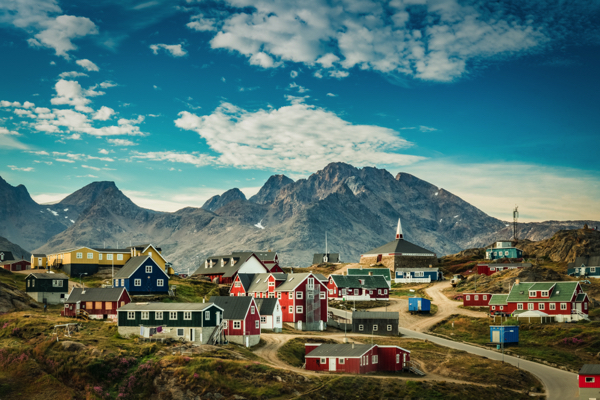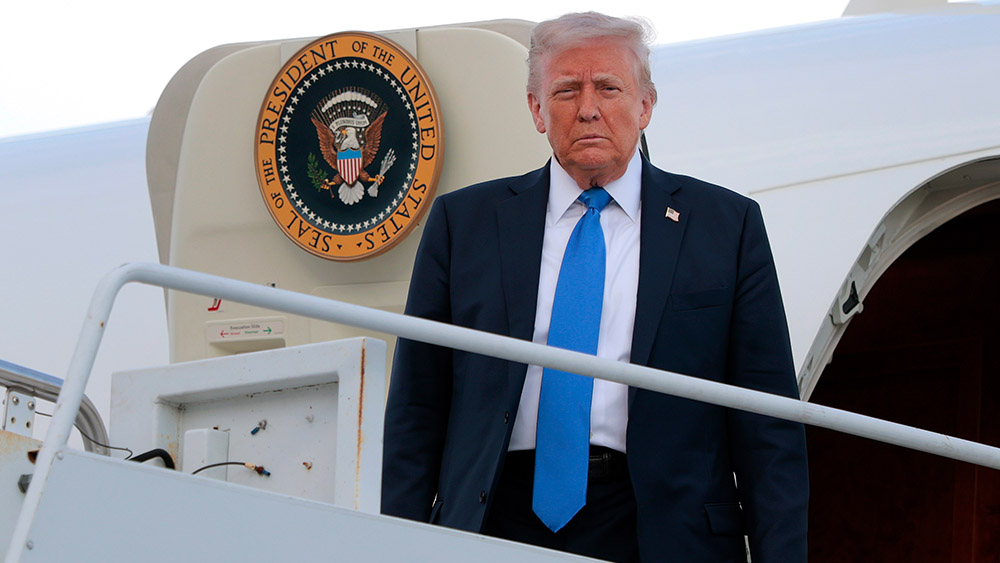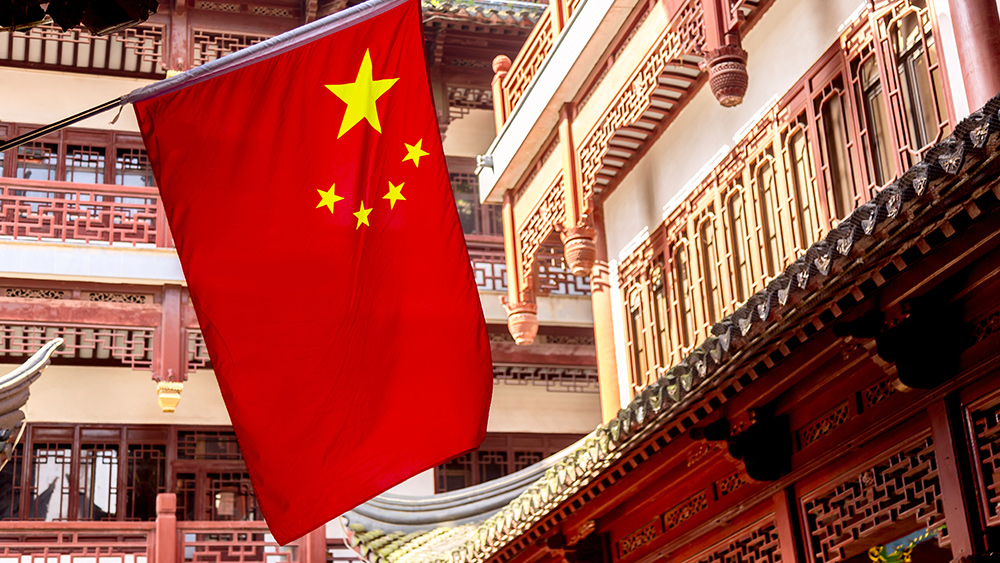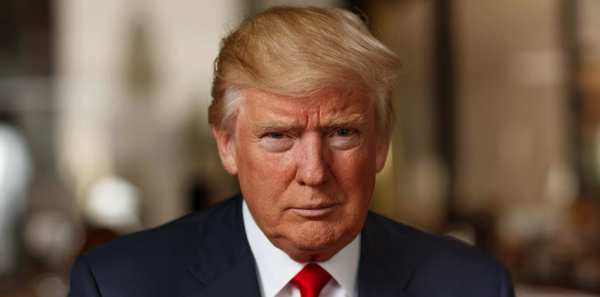 Parler
Parler Gab
Gab
Greenland: The last great territorial prize
Greenland represents the last great territorial prize in an era of renewed great-power competition. Its vast, mineral-rich expanse—packed with rare earths, oil, and gas—could liberate U.S. supply chains from Chinese dominance, fueling the AI and green energy revolutions. Strategically, it’s an Arctic linchpin: controlling Greenland means dominating emerging Arctic trade routes and securing a forward military bastion against Russian and Chinese ambitions. With Denmark’s limited capacity to defend it, Greenland’s sparse population makes it ripe for U.S. investment—or outright acquisition. As Vance asserts, America must act decisively, leveraging economic incentives or political pressure to claim this frozen keystone of 21st-century power. With China controlling nearly 90% of global rare earth production, the US sees Greenland as a lifeline to break Beijing’s stranglehold. But the island’s value extends beyond resources. Its location—nestled between North America and Europe—makes it a strategic choke point for Arctic shipping lanes and military operations. The US already maintains Pituffik Air Base, a critical outpost for missile defense and space surveillance. Yet, as Vice President JD Vance declared during a controversial visit in March, "Denmark has not kept pace… to keep the people of Greenland safe from aggressive incursions from Russia [and] China."Denmark resists, but for how long?
Danish Prime Minister Mette Frederiksen has condemned US pressure as "completely unacceptable," but Copenhagen’s grip on Greenland is tenuous. The territory governs its own affairs in all areas except defense and foreign policy, and a growing independence movement could provide the US with an opening. Trump’s refusal to rule out military action—"I don’t say I’m going to do it, but I don’t rule out anything"—signals a willingness to exploit that vulnerability. Historically, great powers have reshaped borders through force or coercion. The Louisiana Purchase, which Trump’s gambit would dwarf in scale, was itself a product of geopolitical maneuvering. Today, as China expands its Arctic footprint and Russia militarizes the region, the question isn’t if Greenland will become a flashpoint—but who will control it when the ice finally cracks. Conclusion: A new age of empire? In 1803, Thomas Jefferson secured America’s westward expansion with a stroke of a pen. Two centuries later, Trump’s pursuit of Greenland reveals a stark truth: the age of territorial conquest never ended—it merely evolved. As the US, China, and Russia race to dominate the Arctic’s riches, one must ask: Will Greenland’s people be "cherished," as Trump claims, or simply consumed by the hunger of empires? Sources include: SHTFPlan.com Zerohedge.com WSJ.comTrump’s Gulf tour sparks Iran nuclear deal breakthrough amid regional shifts
By Willow Tohi // Share
Stanford student paper reveals China’s efforts to infiltrate university, steal research
By Ramon Tomey // Share
UN official’s laudatory remarks on China spark concerns over influence and global leadership
By Willow Tohi // Share
New Golden Age? Trump’s Qatar pact drives $1.2T in deals, centering U.S. interests
By Willow Tohi // Share
Thwarted ISIS plot on Michigan military base highlights ongoing domestic terror threat
By Willow Tohi // Share
Governments continue to obscure COVID-19 vaccine data amid rising concerns over excess deaths
By patricklewis // Share
Tech giant Microsoft backs EXTINCTION with its support of carbon capture programs
By ramontomeydw // Share
Germany to resume arms exports to Israel despite repeated ceasefire violations
By isabelle // Share










